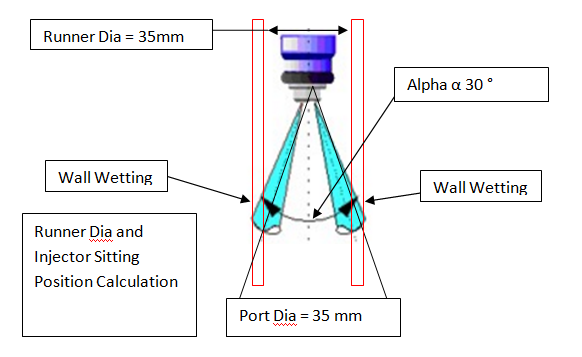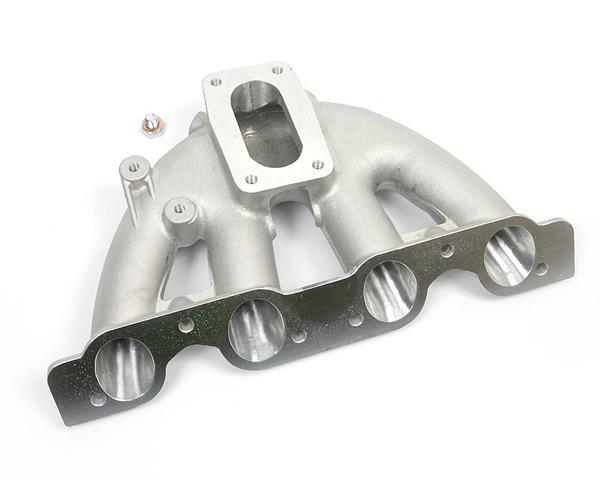Intake Manifold Simulation and Modelling and What is Intake Noise & When to use Resonator
Torque and Power are basic parameters, some other parameters are which are mandatory to be relevant in Intake Noise, Uniform Charge Density at each RPM and fluctuation in torque. Safety and endurance has been discussed in next blog with a proposed 3D shape with stress analysis and physical testing specification, read nest blog for details.
Not only torque, but other parameters must be analyzed to validate proposed manifold performance. Toque and Power is basic parameter, for good design following parameters must be taken into consideration. Please check last article for Power and Toque optimization with designing and fixing runner cross section, runner length and intake manifold volume.
Pressure Variation, Air Temperature, Noise are very important and must be taken into consideration for optimizing intake manifold. We have done 1D simulation of these parameters after fixing plenum volume, runner cross section and runner length.
Inlet Air Charge Variation in Intake Manifold
Runner at 11,000 RPM
|
|||||
EVO
|
IVO
|
EVC
|
IVC
|
Average
|
|
Temperature °K
|
349
|
885
|
302
|
357
|
337
|
Pressure Bar N/m2
|
1.32014
|
1.13096
|
1.07836
|
1.47952
|
1.01401
|
Mass Flow Rate Kg/s
|
0
|
0
|
0.04
|
0
|
0.02
|
Air Velocity m/s
|
0
|
0
|
31
|
- 1
|
18.2
|
Conclusion
from Above Table and Graph:-
Intake Charge temperature at EVC is 302 K however due to
back flow average temperature is increasing up to 337 K; also there is
variation is pressure in runner. Due to this pressure variation, we must check
expected frequency and dB of noise generated, this is called Intake Noise.
Above Image : - Pressure Wave and Noise at 11000 RPM at Plenum
and at Runner – Pressure Wave in Bar, SPL dB vs. Frequency, SPL dB vs.
Order
Conclusion
From above Graph: - To minimize noise
Silencer should be designed. Pressure variation in runner is very high from 0.5
bar to 1.6 bar where as in plenum pressure variation is comparatively low from
0.94 bar to 1.03 bar.
This pressure variation will leads to noise; to damp this pressure waves a resonator has been proposed. Design of resonator has been discussed in other section of the report. Go next article for further details about 3D and strength analysis.
To understanding 1D simulation for plenum volume, runner length and cross section, read previous blogs.
This pressure variation will leads to noise; to damp this pressure waves a resonator has been proposed. Design of resonator has been discussed in other section of the report. Go next article for further details about 3D and strength analysis.
To understanding 1D simulation for plenum volume, runner length and cross section, read previous blogs.









